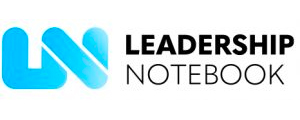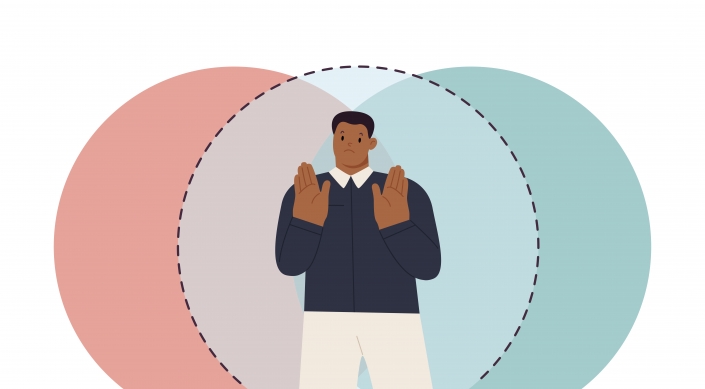Unclear (or unenforced) personal and/or professional boundaries can have significant and ongoing impact on our sense of agency (being in control of our lives) and our feelings of confidence, as well as our ability to be optimally effective and to bring our best selves to our work.
When our boundaries are loose or poorly defined, we may feel taken advantage of or that our needs are seen by others as irrelevant, we become irritated or resentful and, over time, this lowers our resilience.
When our boundaries are too rigid then we might be overly wary or defend our space to the degree that we keep people at a distance, or push back when it’s unreasonable to do so.
In either case poor boundaries lead to misunderstandings and conflicts and use up excessive emotional energy.
Your personal boundaries protect the inner core of your identity
and your right to choices.
Gerard Manly Hopkins
What is a boundary?
A boundary is a line or space between you and another person or group. It can be mental, emotional, or physical. Boundaries can exist for a range of things including: our personal space, how we use our time and energy, our personal information, our thoughts or beliefs, and our possessions.
Healthy personal boundaries help to clarify and reinforce your personal identity, what you value, and what you are willing to tolerate. It enables you to make decisions based on what is best for you and not just what others want you to do. Boundaries help us to feel safe, valued, and respected.
Healthy professional boundaries help you to choose the most ethical action, they protect you as well as your client or customer, and they help to support delivery of effective professional service.
Boundaries are deeply personal and are shaped by several factors, including our personality, upbringing, family influences, profession, culture, religion, and life experiences.
Boundaries live on a continuum
Depending on the matter and who is involved (e.g., partner, family, friends, or work colleagues), a boundary might be anywhere on the continuum from firm, to flexible, open, and through to non-existent.
Firm boundaries are useful for things we value highly and can reflect our basic rights, like not tolerating any form of abuse or denigration. Many boundaries will be somewhat flexible, so that we’re able to adjust depending on the circumstances.
Problems generally arise when our boundaries are overly and/or consistently flexible, such that we are not clear on our preferences in a situation until after the fact when we feel uncomfortable or confused with what has occurred.
Articulating clear boundaries is akin to having a relatively clear ‘position’ on something so that it influences your behaviour in a way that supports you.
Effective boundaries exist when you understand your limits and what you are willing to tolerate, and you can communicate those limits clearly.
Common signs that indicate a need to review your boundaries
Here are some common signs that your boundaries are not firm enough:
- Not having your needs met because you consistently give in to others (e.g., due to a desire to avoid tension or conflict)
- Feeling that you are consistently taken advantage of in certain situations (e.g., at work, you may be the first one asked to do extra time outside of normal work hours because you’re ‘reliable’ or they know you won’t refuse)
- Saying ‘yes’ when it doesn’t serve you (e.g., you say yes to the extra work time even though you had planned something else)
- Often feeling disrespected by others and not standing up for yourself (e.g., you are often interrupted or talked over in meetings)
What about ignoring boundaries?
You may also need to review your boundaries if you consistently overstep them, for example if you consistently over-ride others, or you do whatever you want to get your needs met with the view that guidelines or limits don’t apply to you.
There will be a small minority of people who may do this purposely or not care.
In contrast, you may know (or wonder if) you have behaved like this in the past and wish to address it. It takes courage to acknowledge and address our behaviours that may be unhelpful to others, but it is worth the effort in terms of your effectiveness, your relationships with others, and your long-term career. As a starting point, check with colleagues about their perceptions of you on this type of behaviour, rather than relying on your own judgement.
Clarifying your own boundaries starts with reflection on your own behaviour to date and the consequences (e.g., feelings, outcomes) that behaviour has had for you or others, so …
Boundaries define us. They define what is me and what is not me.
A boundary shows me where I end and someone else begins,
leading me to a sense of ownership.
Knowing what I am to own and take responsibility for gives me freedom.
Henry Cloud




